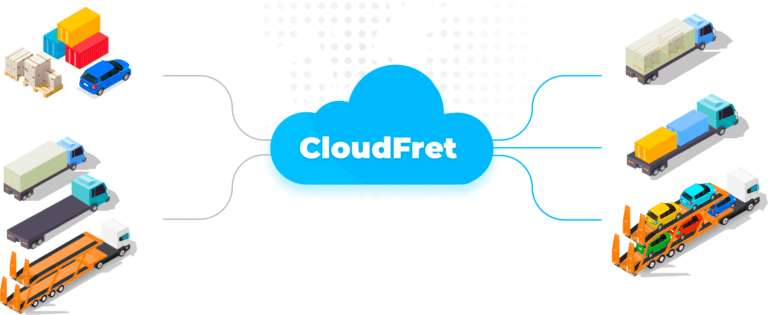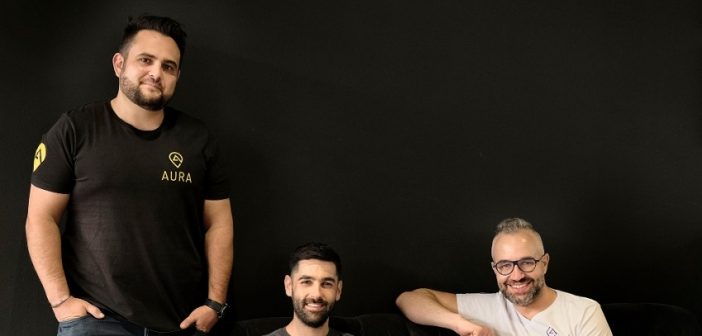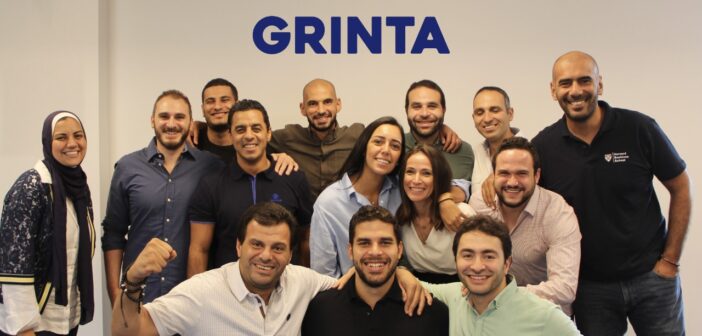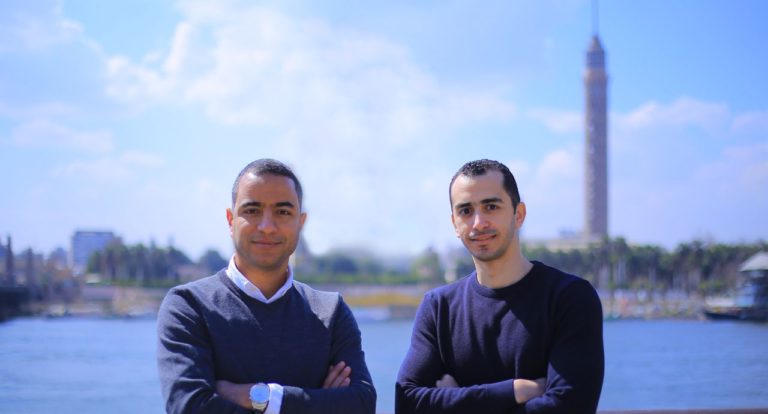Vendease, a Food Procurement Platform for African Restaurants, Secures $30M in Funding Round
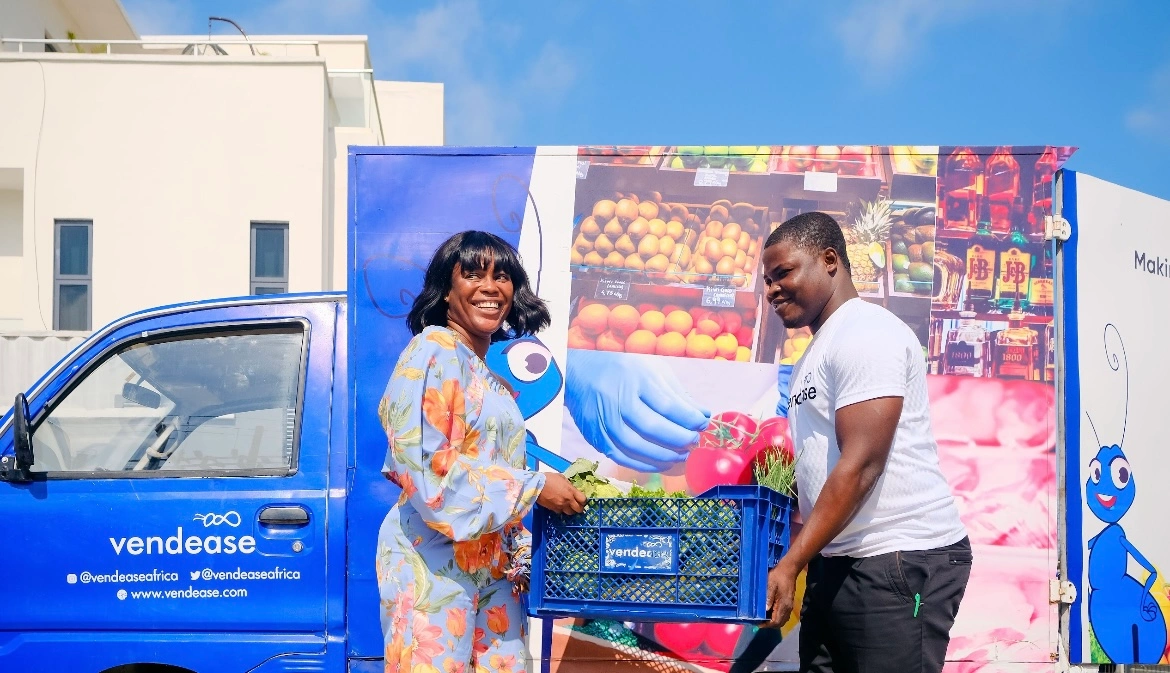
When Vendease debuted in January 2020, its goal was to use a marketplace model that linked suppliers and farmers to restaurants and food enterprises to address the problems and inefficiencies in Nigeria’s highly fragmented food sector, with delivery made possible within 24 hours.
But over the following few months, Vendease changed from its middleman role to one where building on its relationship with food suppliers, it buys discounted products in bulk, stores them, and then makes deliveries through third-party logistics partners. This was done in response to complaints from some of these businesses about delivery times, the quality of food supplies, and insufficient setup to handle operations.
The company’s shift, which helped it get a $3.2 million seed round in October, has been reinforced as the YC-backed food procurement platform seeks to raise $30 million in Series A funding (comprising $20 million in equity and $10 million in debt).
In an interview with TechCrunch, Vendease’s CEO, Tunde Kara, stated that the company intends to use the investment to expand into new markets, deepen operations, consolidate its presence in eight cities across Nigeria and Ghana (the company recently expanded to the latter), and develop new products to boost users’ productivity.
On the phone, Kara explained his company’s mission: “We’re inventing technology to efficiently convey food from the point of production to the point of consumption.” “At Vendease, everything we design—finance, logistics, warehousing, inventory management—is geared at ensuring that food moves effectively from the site of production to the point of consumption.”
African restaurants and food businesses may access financial services, buy supplies, and run their operations thanks to Vendease. There is a reason why Vendease is meticulous about increasing this supply chain’s efficiency. The majority of its customers, including restaurants and food enterprises, hospitals, hotels, and educational institutions, are said to suffer $100 billion in annual losses as a result of various issues.
They range from inconsistent supply and waste to a lack of information needed to make intelligent purchasing decisions and little or no funds to finance purchases. Its platform, which is referred to as a collection of stacks, is intended to reduce losses and promote the success of the food industry.
The platform claims to have moved nearly 400,000 metric tonnes of food for its more than 2,000 clients and helped them save over 10,000 person hours and about $2 million in procurement expenditures over the previous 12 months. Olumide Fayankin, Gatumi Aliyu, and Wale Oyepeju founded the business with Kara, who also said that Vendease had saved its clients over $500,000 in waste expenses as a result of overstocking.
The chief executive credited this development to making full use of company data and giving them the resources they required at each stage of their journey, including delivery routes, particularly in relation to inventory management: The delivery time for Vendease has been reduced from 24 to 12 hours.
Businesses frequently purchase items they don’t need because they lack access to reliable data. Kara discussed the development of the business and how we aid them in two different methods to overcome that problem. “One, businesses don’t need to stock some of the items they would’ve previously stored since they know they can have anything on our platform in 12 hours. Two, they can keep track of what they purchased and determine how much longer they can go without purchasing.
Although Vendease uses data to inform how it distributes working capital via its BNPL offering, its business model has changed from how it operated a year ago. Now, rather than relying on its own books to provide financing through its platform, the company now collaborates with banks and other financial institutions. Businesses have used the embedded finance solution to access inventory totaling more than $12 million thus far. It has yet to monetize its lending business; nonetheless, the company claims that its revenue has increased 5 times over the past year due to partnerships it has made with suppliers.
Ultimately, Vendease plans to become a plug-and-play solution for yet-to-be-opened African restaurants and food enterprises in the following three to five years while developing the operating system that automates the movement of food from farm to restaurant. The presence of the two huge pan-African funds that control this round’s lead investors, TLcom Capital and Partech Africa, augurs well for that strategy, according to the chief executive, who also claimed that having both investors on board means his company has backers “willing to go the long haul.”
According to a statement released by Vendease, Andreata Muforo, a partner at TLcom Capital, and Cyril Collon, general partner at Partech Africa, say they are supporting Vendease because they think it can significantly improve the continent’s fragmented food supply chain and provide solid solutions to pressing problems. Existing investors VentureSouq, Hustle fund, Hack VC, GFR Fund, Kube VC, Magic Fund, and Kairos Angels are among the additional investors in the round (the company raised debt from the local finance market, per a statement).
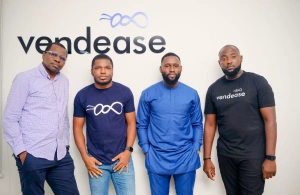
Despite discussions about a cooling venture capital market, Vendease’s equity round closed quite rapidly for a non-fintech company, according to those involved.
There is a ton of room for expansion in this market area where needs of restaurants and food businesses are a priority, as seen by investors’ interest in the company and the introduction of additional players, such as OneOrder and TopUp Mama. This is especially true in light of rising inflation and food shortages around the world, where the price of food has increased by 42% from 2014–2016, according to statistics from this food price index.
“Vendease is assisting our users in making significant savings and offering comparatively stable stock levels, despite the ongoing global food supply scarcity and inflation, which is something crucial to us regarding our present growth and impact. protecting them (to a significant measure) from the worst consequences of the current worldwide scarcity,” said Kara. “What excites us is that as we spread and ingrain our technology throughout Africa and the rest of the world, we can have an even greater impact. And it is what motivates us.


